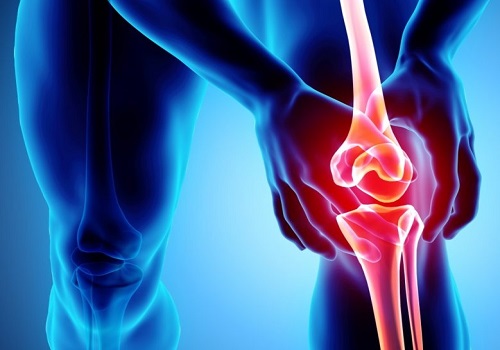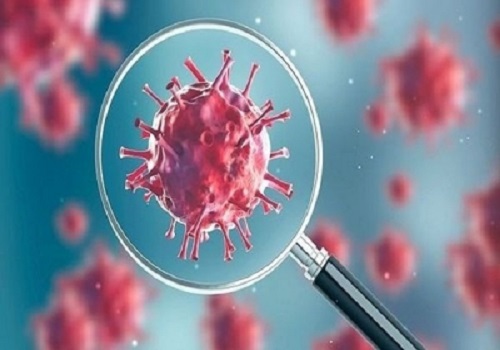Epilepsy drug may help slow joint degeneration in osteoarthritis

Follow us Now on Telegram ! Get daily 10 - 12 important updates on Business, Finance and Investment. Join our Telegram Channel
A drug used to treat epilepsy may help alleviate joint degeneration associated with osteoarthritis, finds a study.
Osteoarthritis, the most common form of arthritis, is a degenerative disease caused by the breakdown of cartilage that eases friction between the joints. It occurs most commonly in the hands, hips, and knees.
Pain relievers and lifestyle changes, such as exercise and reduced excess weight, have long been the therapies most commonly used to treat the joint stiffness and pain, but there is a pressing need for therapies that can prevent joint breakdown that occurs in osteoarthritis.
It is known that specialised proteins known as sodium channels found in cell membranes produce electrical impulses in “excitable” cells within muscles, the nervous system, and the heart.
In the new study, published in the journal Nature, the team found one particular sodium channel, called Nav1.7, in non-excitable cells that produce collagen and help maintain the joints in the body.
Researchers from the Yale University in the US, had, in a previous study identified the key role of Nav1.7 in the transmission of pain signals.
In the new study, the researchers deleted Nav1.7 genes from these collagen-producing cells and significantly reduced joint damage in two osteoarthritis models in mice.
They also demonstrated that drugs used to block Nav1.7 -- including carbamazepine, a sodium channel blocker currently used to treat epilepsy and trigeminal neuralgia -- also provided substantial protection from joint damage in the mice.
“The function of sodium channels in non-excitable cells has been a mystery,” said Stephen G. Waxman, Professor of neurology at Yale.
“This new study provides a window on how small numbers of sodium channels can powerfully regulate the behaviour of non-excitable cells.”
“The findings open new avenues for disease-modifying treatments,” added Wenyu Fu, a research scientist at the varsity.












 320-x-100_uti_gold.jpg" alt="Advertisement">
320-x-100_uti_gold.jpg" alt="Advertisement">












